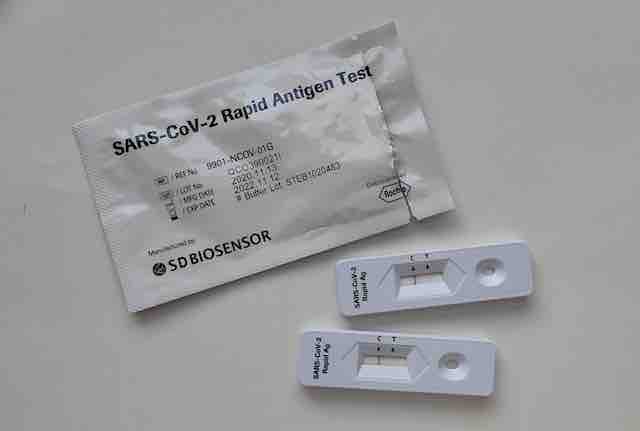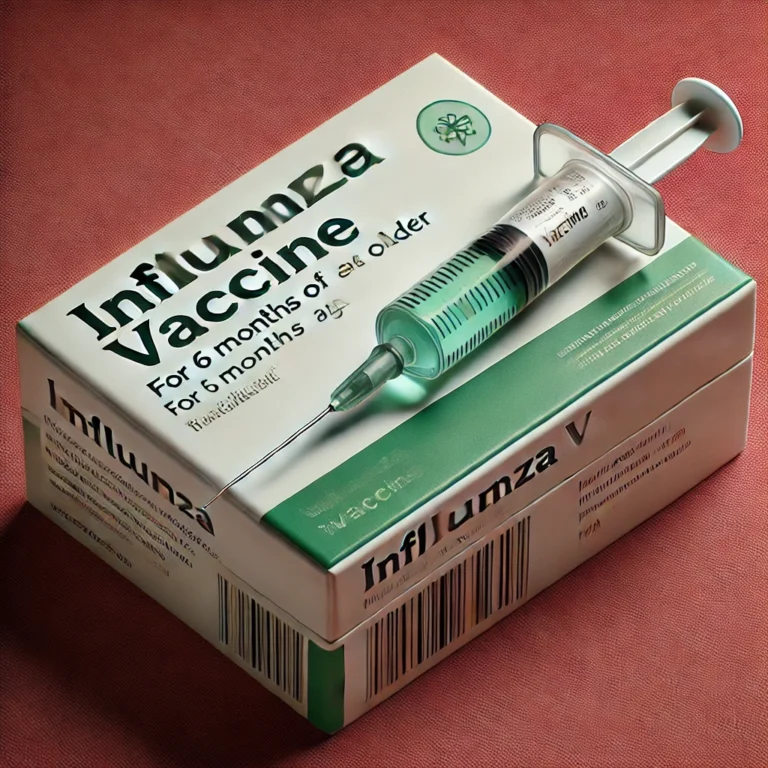As the world continues to grapple with the impact of the COVID-19 pandemic, scientists and researchers tirelessly investigate various aspects of the SARS-CoV-2 virus to better understand its behavior and transmission. Among the numerous factors influencing an individual’s response to the virus, genetic variations have recently emerged as a significant area of study. In this article, we delve into the intriguing association between a common allele of the human leukocyte antigen (HLA) system and asymptomatic SARS-CoV-2 infection.
The HLA Allele: A Key Player in Immune Response
The human leukocyte antigen (HLA) system, a collection of genes that play a crucial role in immune response regulation, helps the immune system distinguish between self and foreign substances. HLA molecules are present on the surface of cells, presenting fragments of foreign substances, such as viral proteins, to immune cells for recognition and subsequent immune response activation.
HLA Alleles and Their Role in SARS-CoV-2 Infection
Recent studies have indicated a potential association between specific HLA alleles and COVID-19 outcomes, shedding light on why some individuals experience asymptomatic infections. One allele in particular, known as HLA-B*46:01, has garnered significant attention due to its prevalence and potential protective effects against severe COVID-19 symptoms.
The Protective Effect of HLA-B*46:01
Research suggests that individuals carrying the HLA-B46:01 allele may be more likely to experience asymptomatic or mild SARS-CoV-2 infections compared to those without this allele. This finding implies that the HLA-B46:01 allele may confer a certain level of resistance or immune advantage against the virus, allowing carriers to remain largely asymptomatic or experience only mild symptoms.
Understanding the Mechanisms
To comprehend how the HLA-B46:01 allele exerts its protective effects, researchers have examined its role in presenting viral antigens to immune cells. It is believed that HLA-B46:01 efficiently presents SARS-CoV-2 viral peptides to immune cells, effectively activating an immune response that effectively targets and clears the virus. This mechanism highlights the importance of genetic variations in the immune response to viral infections.
Implications for Viral Susceptibility and Future Research
Understanding the genetic factors contributing to asymptomatic SARS-CoV-2 infections is crucial for managing the spread of the virus and developing effective treatment strategies. The discovery of HLA-B*46:01 as a potentially protective allele raises important questions about the broader implications for viral susceptibility and vaccine development.
Further research is necessary to investigate the relationship between HLA alleles and COVID-19 outcomes in larger populations and diverse ethnic groups. By identifying additional HLA alleles associated with asymptomatic infections or increased susceptibility, researchers can gain valuable insights into the intricate interplay between genetics and viral response.
Conclusion
The link between a common allele of the HLA system, such as HLA-B*46:01, and asymptomatic SARS-CoV-2 infection highlights the significant role of genetics in shaping our immune response to COVID-19. This finding offers hope for identifying individuals who may be less prone to severe illness and paves the way for targeted prevention and treatment strategies.
As we continue to navigate the challenges posed by the COVID-19 pandemic, ongoing research into genetic factors like HLA alleles will undoubtedly contribute to our understanding of the virus and aid in the development of effective public health measures.












